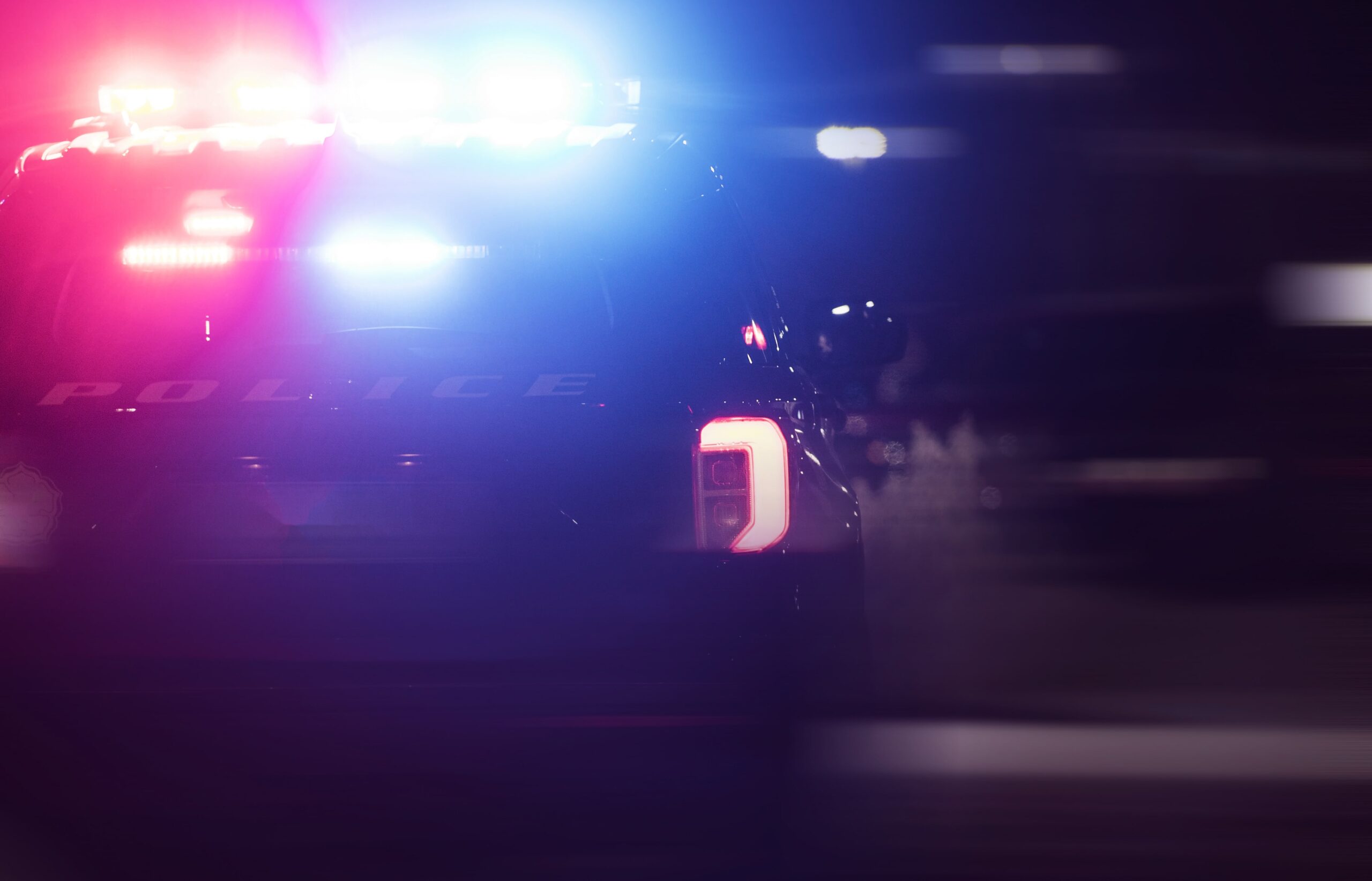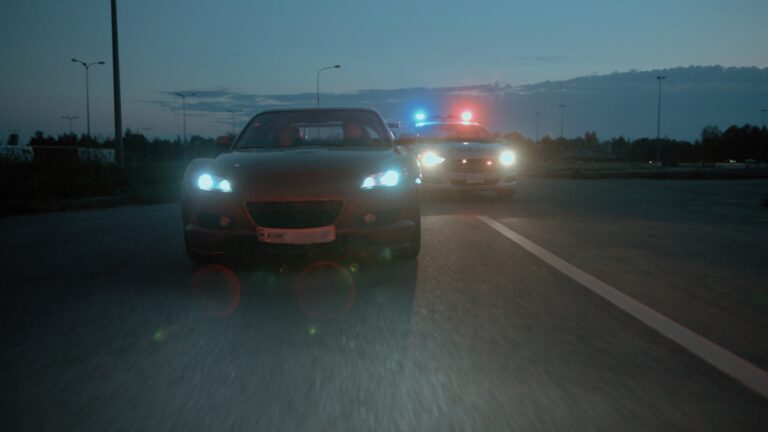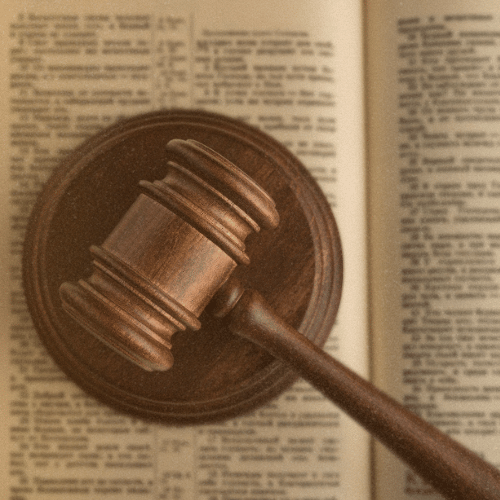Illinois DUI Laws: A Clear Guide to Your Rights and Legal Options
If you have been arrested for driving under the influence in Illinois, you may be feeling overwhelmed by the legal process, the potential penalties, and how this charge could impact your future. Illinois has some of the strictest DUI laws in the country, and law enforcement takes these cases seriously. However, an arrest does not automatically mean a conviction. Understanding how DUI laws work, what prosecutors must prove, and the possible defense strategies can put you in a better position to fight the charges.
I’m Andy Sotiropoulos, a Chicago DUI defense attorney with 25 years of experience handling DUI cases in Cook, DuPage, Will, Kane, Kendall, and Lake counties. Over the years, I have seen how misunderstandings of DUI laws lead people to make mistakes in their defense. This guide will help you understand your rights, the legal process, and what you can do if you are facing DUI charges in Illinois.
Table of Contents
How Illinois Defines Driving Under the Influence
Illinois law does not require you to be falling-down drunk to be charged with DUI. Many assume that a DUI arrest is based only on Blood Alcohol Concentration (BAC), but that is not always the case. While a BAC of 0.08% or higher creates a legal presumption of impairment, an officer can arrest you even if your BAC is lower, as long as they believe your ability to drive was affected by alcohol or drugs.
Impairment is not limited to alcohol consumption. DUI laws in Illinois cover any substance that affects your ability to drive safely, including prescription medications, over-the-counter drugs, and illegal substances. Even if a drug is legally prescribed, if it alters coordination, judgment, or reaction time, you can still be charged with DUI.
For drivers under 21 years old, Illinois enforces a zero-tolerance policy. This means that any detectable alcohol in their system can result in DUI charges and license penalties, even if their BAC is below 0.08%.
DUI Arrests: The Legal Process
A DUI case begins with a traffic stop, an accident investigation, or a roadside checkpoint. If an officer suspects impairment, they may ask you to perform field sobriety tests or submit to a breathalyzer test.
If you fail or refuse these tests, the officer will likely place you under arrest and take you into custody. At this point, you will face an automatic license suspension, known as a Statutory Summary Suspension, even before your case goes to court.
After the arrest, you will have to attend a court hearing, where prosecutors will present evidence against you. This could include BAC results, officer testimony, field sobriety test performance, and video footage from the stop. Having an attorney who understands how to challenge this evidence is essential to building a strong defense.
Different Types of DUI Charges in Illinois
Illinois classifies DUI offenses based on circumstances surrounding the arrest and prior history. A first-time DUI offense is generally considered a Class A misdemeanor, which can result in license suspension, fines, and possible jail time.
However, certain factors can increase the severity of the charges. If your BAC was 0.16% or higher, if you had a child passenger, or if the DUI led to an accident involving injury or death, the charge can escalate to an Aggravated DUI, which is a felony offense. Felony DUI convictions carry harsher penalties, including lengthier license revocation, mandatory substance abuse treatment, and prison time.
DUI charges also apply to drug-related impairment. If you are found to have illegal drugs or prescription medication in your system, even if you were taking the medication as directed, you may still face DUI charges if the officer determines you were impaired.
Illinois DUI Penalties: What You Need to Know
The penalties for a DUI conviction can vary widely, depending on the specifics of the case. A first-time offender may face a six-month driver’s license suspension, fines up to $2,500, and possible jail time up to one year.
For a second DUI offense, the penalties increase significantly, with mandatory minimum jail time, extended license revocation, and the requirement to install an ignition interlock device on your vehicle.
Drivers facing a third DUI conviction will likely be charged with a felony, resulting in years-long license revocation, significant fines, and the possibility of lengthy imprisonment.
Even if you avoid jail, the financial and personal costs of a DUI conviction are severe. Insurance premiums will skyrocket, job opportunities may be affected, and court-ordered alcohol treatment programs can be expensive and time-consuming.
Frequently Asked Questions (DUI)
Can I lose my license before my court date for a DUI in Illinois?
Yes, Illinois imposes an automatic license suspension through a Statutory Summary Suspension after a DUI arrest. However, you may be able to challenge this suspension in court.
Is a DUI always a misdemeanor in Illinois?
No. A DUI can be charged as a felony if there are aggravating factors, such as repeat offenses, high BAC levels, or accidents involving injuries.
What should I do if I refused the breathalyzer test?
Refusing a breathalyzer test leads to an automatic license suspension, but it also means the prosecution has less direct evidence against you. An attorney can assess whether this strengthens your defense.
Common Defenses Against DUI Charges
Facing DUI charges does not mean that conviction is inevitable. Many DUI cases have weaknesses, especially when evidence is improperly gathered or based on subjective officer observations.
One of the most common defense strategies involves challenging the legality of the traffic stop. Police officers must have reasonable suspicion to pull you over. If they did not have a valid reason, the stop itself may be unconstitutional, and any evidence collected during the stop could be thrown out in court.
Another key area of defense focuses on BAC testing accuracy. Breathalyzer machines must be properly calibrated and maintained, and the officer must be trained to administer the test correctly. If there are any errors in these procedures, the BAC results may be unreliable.
Field sobriety tests can also be challenged in court, as they rely heavily on officer interpretation rather than scientific measurement. Many medical conditions, anxiety, fatigue, and even uneven road surfaces can affect test performance, leading to false indicators of impairment.
What to Do if You’re Facing DUI Charges in Illinois
If you have been arrested for DUI in Illinois, taking immediate action can make a critical difference in your case. The first step is to consult with a DUI defense attorney who understands the complexities of Illinois DUI laws and knows how to challenge questionable evidence.
I have spent 25 years defending clients against DUI charges in Chicago, Cook County, and surrounding areas. My experience handling field sobriety test challenges, breathalyzer result disputes, and constitutional violations has helped clients get charges reduced or dismissed.
Every case is unique, and the right legal strategy depends on the facts of your case. The sooner you act, the more options you will have to protect your driving privileges, financial future, and criminal record.
Call Today to Start Your Defense The Right Way
If you or someone you know has been charged with DUI in Illinois, do not wait to seek legal representation. A DUI conviction can impact every aspect of your life, but a strong defense can change the outcome of your case.
Contact Andy Sotiropoulos & Associates today for a consultation. My experience, legal knowledge, and commitment to fighting for my clients can help you navigate this difficult time and work toward the best possible resolution.






